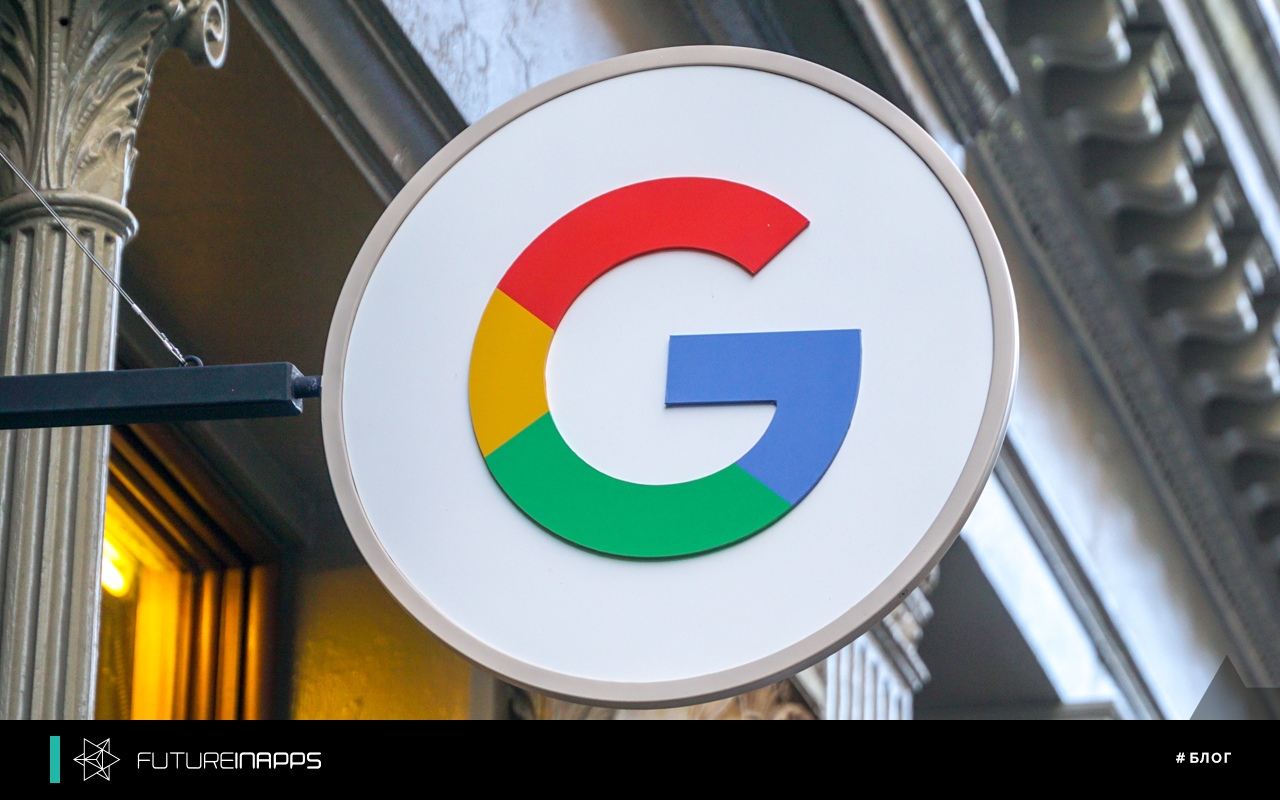Google does not rank irrelevant pages. But how do I make your page relevant to the target keyword?
We have a better question:
How do you make your page NOT relevant for the target keyword?
If you write an article and target a specific keyword, it will inevitably be relevant to that keyword.
However, most SEO guidelines say that you need to mention your target keyword in the following places to make your page more relevant to Google:
- Title tag
- URL
- Heading ( H1 )
- At the beginning of the article.
But isn't it obvious?
For example, if an article about handmade samovars, this keyword will be clearly in the title and inside the article. It happened naturally.
Several years ago everything was different. You could really fool Google with these tricks. If you wanted to get ahead of your competitor, the keyword was simply mentioned more than it had.
But these days are long gone. Google is now smart enough to use other tricks.
For example, on request, a "guest entry" in the top may come out snippet, which does not have this keyword. It is not available in the above sections. However, how did the entry get to the top?
Here, the search result "1 for guest entry" does not have this keyword in the title. It turned out that Google is smart enough to understand the synonyms. He found the phrase "guest blogging" in the url of the page, and it's the same thing.
When analyzing a keyword, you should not pay special attention to how many times and where the target keyword is mentioned on the page. Instead, you should study the content of the pages with a high rating to determine whether they are written by someone with good knowledge and understanding of the topic, or hired a freelancer for 500 rubles for the so-called "seo-optimized" article.
The quality of your content and the value it brings to readers is what gives you a competitive advantage, not "strategic keyword placement.
What about things like LSI?
At this stage, some of you may wonder about the common ground on the SEO tools that are said to help you win in search results.
This is LSI.
Google almost certainly uses a vector-word approach for RankBrain, but there is no evidence that they use LSI. In fact, given how LSI works, all the evidence points to the opposite. So there is no point in using LSI to generate keywords to be included in your content. These words, like the main keywords, will appear in your text if the text is on the subject.
We believe that it makes sense to focus on creating excellent content and fantastic user experience in the first place.
In other words, we don't believe there is a way to quantify the 'relevance' of your content and win in search results by improving it, especially given the 'intent' of the search engine.
Conclusion
When analyzing high-rated pages, try to evaluate the overall quality and depth of the content, rather than looking for traditional indicators of poor optimization (e.g., keyword in the title, etc.). Your task is to create a better page than those that already have a rating, not "better optimized".
In addition, do not try to measure the relevance of a page with any "score" - whatever methodology or technology you use to do so, Google almost certainly does not use it.
